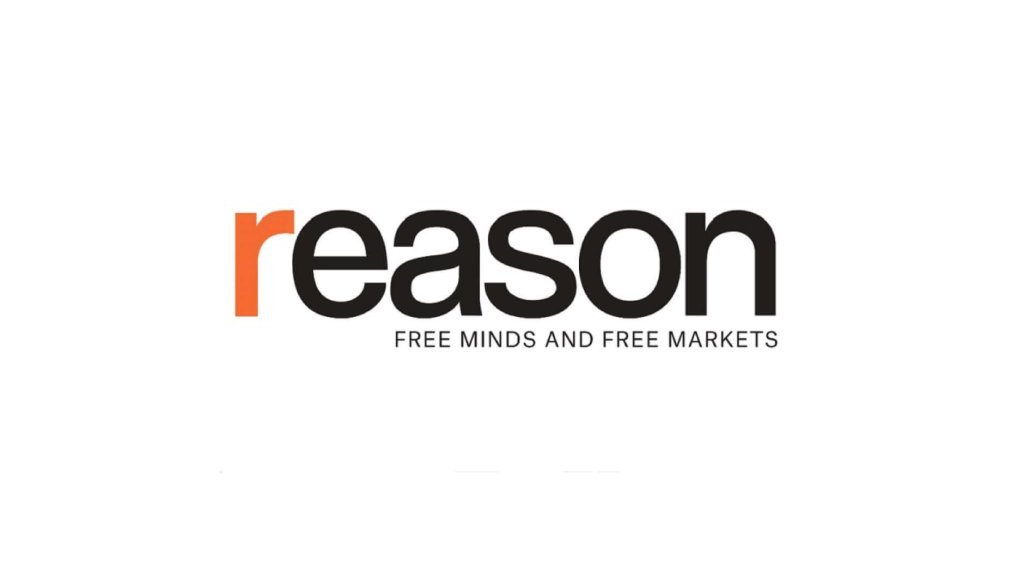Marco Rubio Brags About Defending Freedom of Speech While Eagerly Undermining It
Writing in The Federalist this week, Secretary of State Marco Rubio brags that he is protecting freedom of speech by ending his department’s misbegotten crusade against “disinformation.” Yet Rubio is simultaneously undermining freedom of speech by targeting anti-Israel activists for deportation because he deems their opinions harmful to U.S. foreign policy interests. More generally, Rubio’s ringing defense of First Amendment rights is hard to take seriously given all the ways his boss has sought to punish people for speech that offends him, whether through deportation, regulation, litigation, criminal investigations, or executive decrees targeting disfavored lawyers and journalists.
Rubio says he is “taking a crucial step toward keeping the president’s promise to liberate American speech by abolishing forever the body formerly known as the Global Engagement Center (GEC).” Congress defunded the GEC last year based on concerns that its efforts to combat “disinformation” had targeted constitutionally protected speech. But as Rubio notes, the State Department during the Biden administration sought to keep the program alive under a new name.
“We are putting that to an end,” Rubio writes. “Whatever name it goes by, GEC is dead. It will not return.”
That is a welcome development for reasons that Rubio outlines. He notes that President Barack Obama created the GEC by executive order in 2016, renaming the Center for Strategic Counter Terrorism Communications, which was supposed to “monitor the narratives of Al Qaeda and other terrorist organizations and advise the American government on what counterterrorist narratives to use in response.” The new name came with a broader mission: The GEC was charged with countering “foreign state and non-state propaganda and disinformation efforts”—an amorphous goal that eventually entailed attempts to police online speech.
The GEC was the brainchild of Richard Stengel, a former journalist who served as Obama’s undersecretary of state for public diplomacy and public affairs. Rubio argues that the GEC’s decisions reflected Stengel’s partisan understanding of disinformation. Stengel “touted his efforts to protect ‘democracy’ while redefining it so that ‘democracy’ came to mean silencing the part of the electorate he doesn’t like,” Rubio says. He complains that Stengel, in his 2019 book Information Wars, argued that President Donald Trump “employed the same techniques of disinformation as the Russians and much the same scare tactics as ISIS.”
During the COVID-19 pandemic, Rubio notes, the GEC implied that the lab-leak theory of the virus’s origins amounted to “Russian disinformation.” It “tarred not only specific claims as foreign propaganda but also specific users,” he writes. “It created lists of thousands of accounts that were accused of being foreign propaganda vectors simply for sharing articles or even following certain accounts. These lists were sent to social media companies for ‘review,’ but nobody was fooled—the purpose of this was to pressure private companies in the direction of more censorship and less free speech.”
The GEC also participated in the Election Integrity Partnership, which Rubio says “pretty much exclusively singled out accounts and narratives associated with President Trump and his supporters and, in fact, directly flagged President Trump’s tweets, along with [those of] his family members and friends of the administration.” In addition to “flagging content,” he notes, the GEC “funneled grants to organizations around the world dedicated to pushing speech restrictions under the guise of fighting ‘disinformation.'”
As an example of such taxpayer-supported meddling in the marketplace of ideas, Rubio cites the Global Disinformation Index (GDI), a British organization that received money from the National Endowment for Democracy (NED), which is funded by the State Department. Among other things, the GDI sought to steer readers and advertisers away from news sources it deemed likely to promote “disinformation” based on opaque and puzzling criteria. According to the GDI, the 10 “riskiest” sites in the United States included Reason, a judgment it said was based on a lack of explicitly stated policies regarding “authorship attribution,” fact checking, corrections, and moderation of reader comments.
“Every one of those 10 sites was on the political right,” Rubio says (somewhat inaccurately, given Reason‘s inclusion). The GDI’s top-10 list also included the New York Post,
Article from Reason.com

The Reason Magazine website is a go-to destination for libertarians seeking cogent analysis, investigative reporting, and thought-provoking commentary. Championing the principles of individual freedom, limited government, and free markets, the site offers a diverse range of articles, videos, and podcasts that challenge conventional wisdom and advocate for libertarian solutions. Whether you’re interested in politics, culture, or technology, Reason provides a unique lens that prioritizes liberty and rational discourse. It’s an essential resource for those who value critical thinking and nuanced debate in the pursuit of a freer society.




